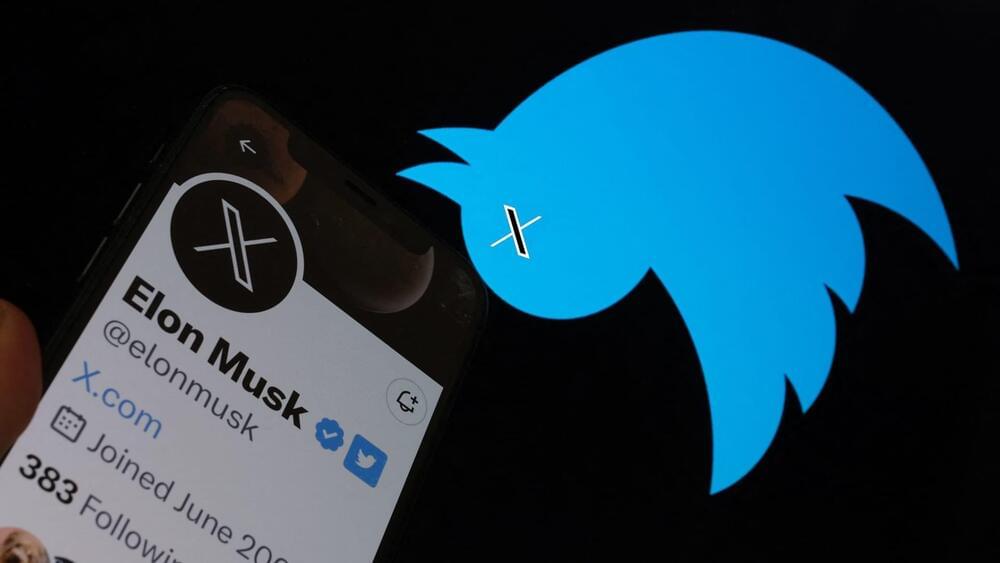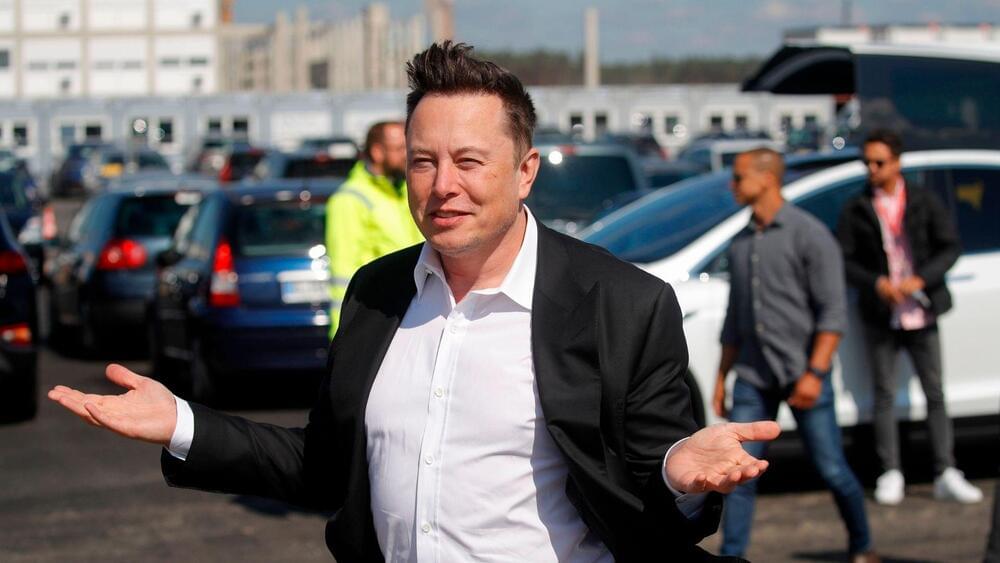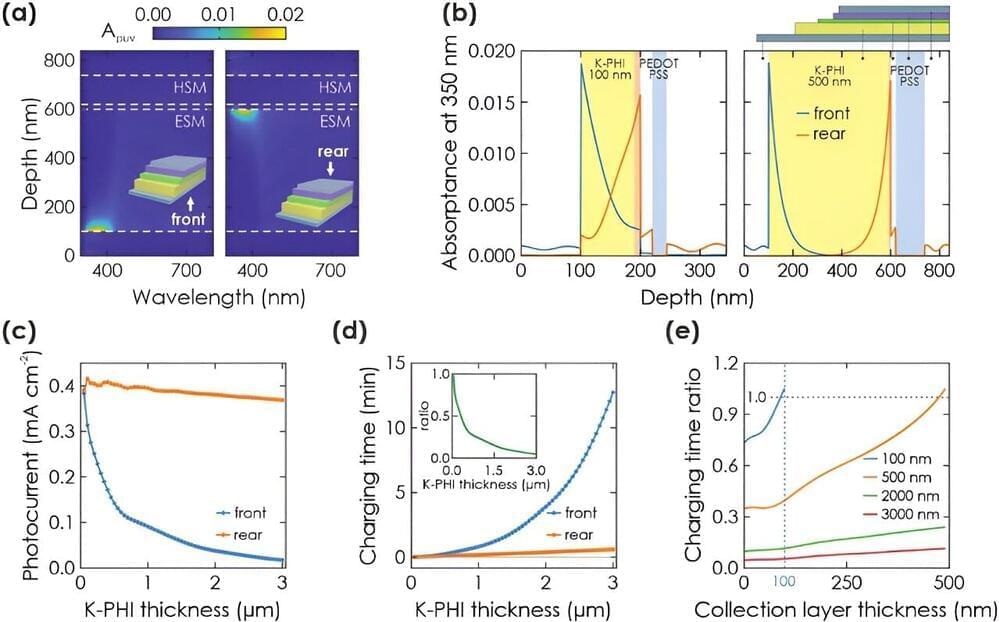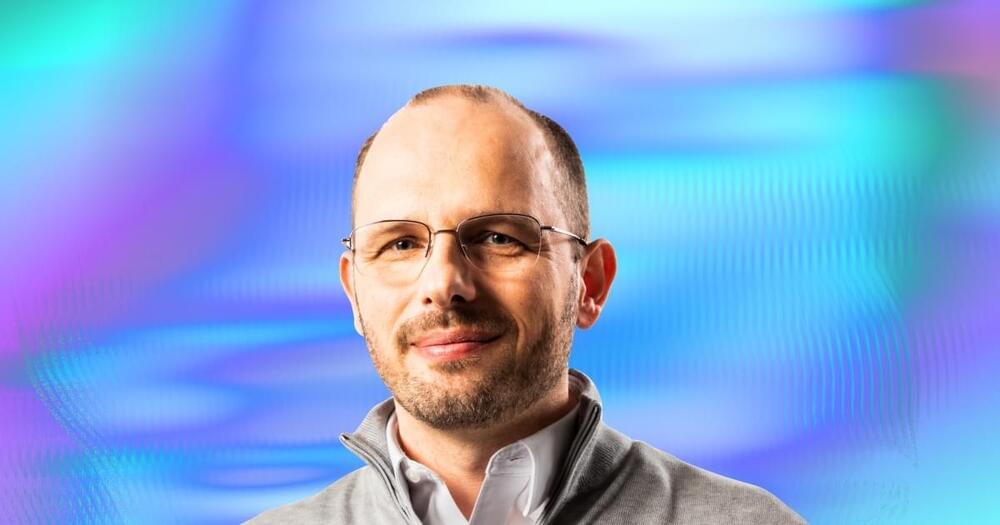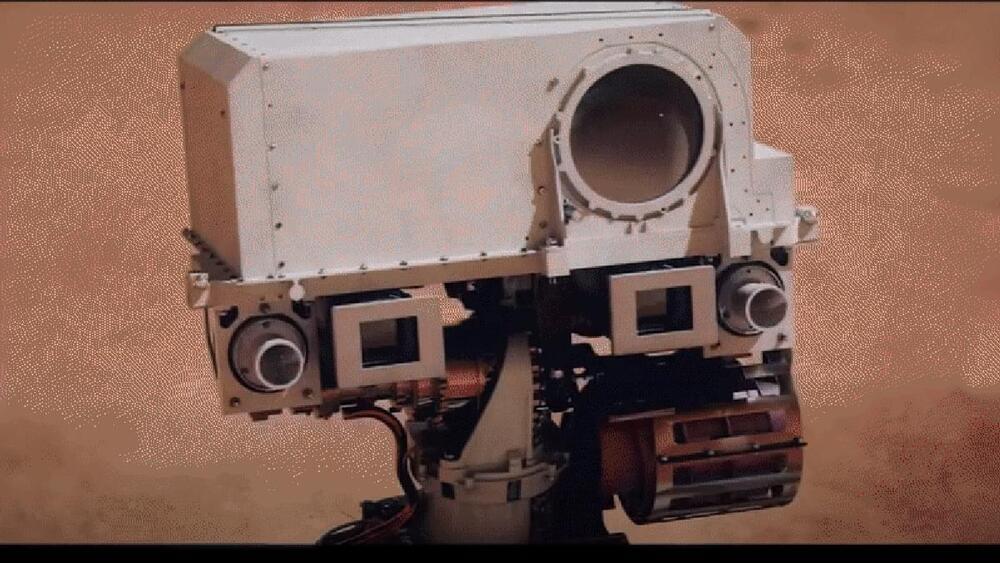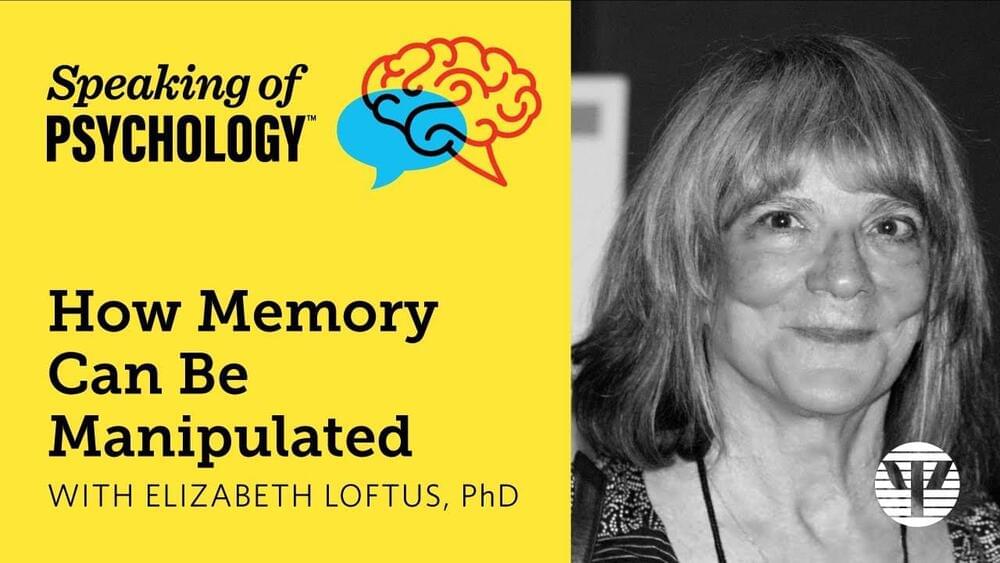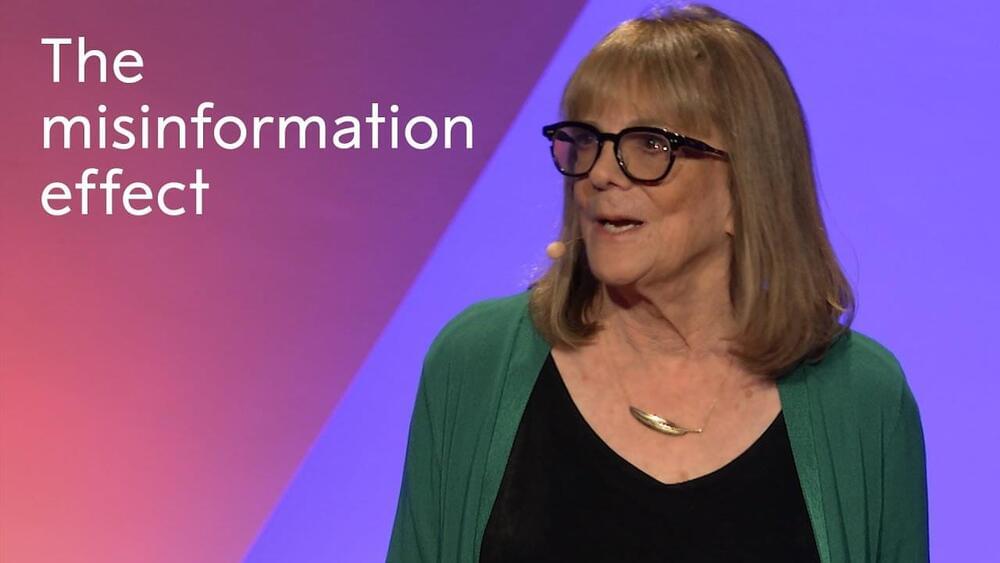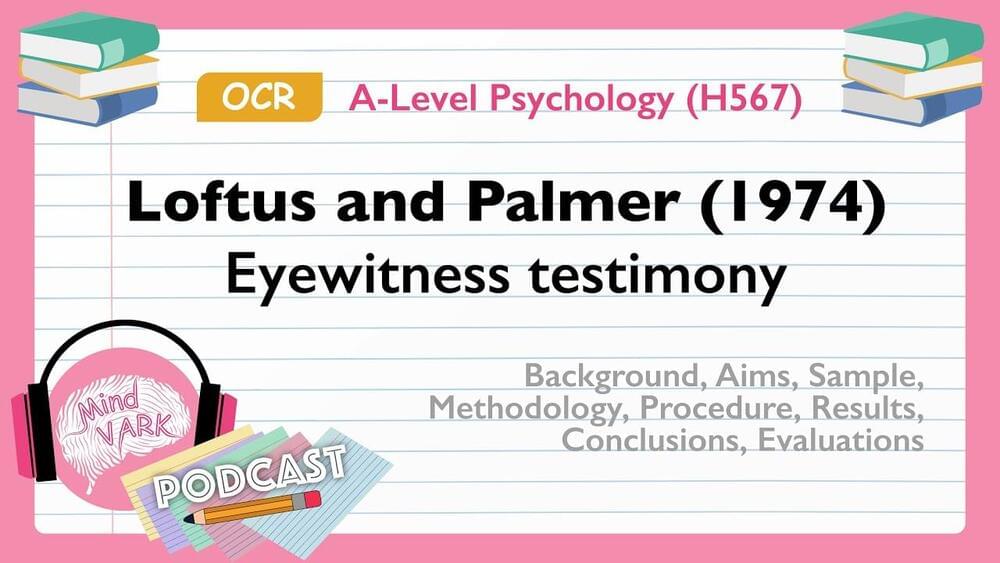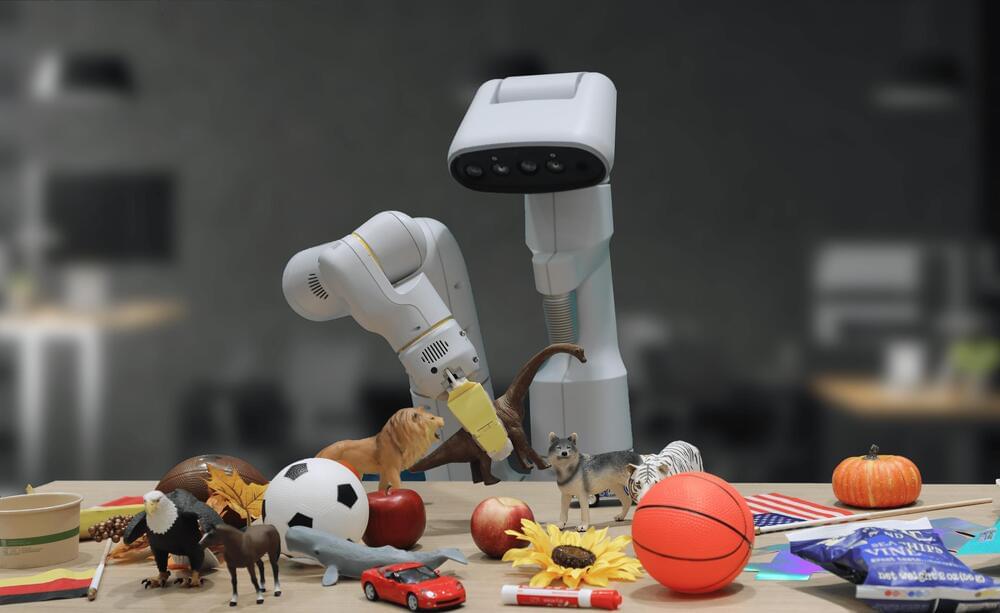Jul 29, 2023
X logo officially replaces Twitter’s famous bird on mobile app, building headquarters
Posted by Kelvin Dafiaghor in categories: Elon Musk, internet
X, formerly known as Twitter, has officially retired its famous blue and white bird logo.
The icon on the mobile app changed to an “X” late Friday night in the latest phase of a sweeping rebrand the platform’s owner Elon Musk announced earlier this month. The company previously introduced the logo on the web and launched the domain X.com, though Twitter.com also remains live.
Musk, who acquired the platform for $44 billion late last year, wrote in a post Sunday that the company would soon “bid adieu to the twitter brand and, gradually, all the birds.” The transition from Twitter to X reflects Musk’s vision to turn the platform into what he has called an “everything app.”
